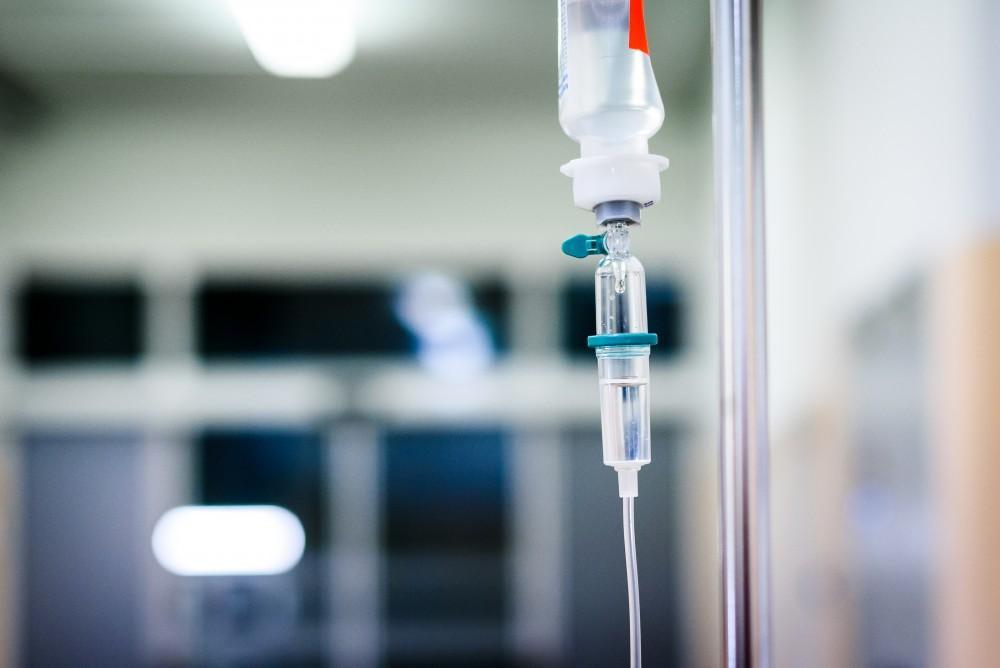Lysosomal Storage Disorders: Symptoms, Causes, Treatment
What are the symptoms of lysosomal storage disorders?
Lysosomal storage disorders (LSDs) are a group of rare inherited metabolic disorders that are caused by deficiencies in enzymes that normally break down various substances within the lysosomes of cells. The symptoms of LSDs can vary widely depending on the specific disorder and the organs or systems affected, but some common symptoms may include:
- Developmental delays: Children with LSDs may experience delays in reaching developmental milestones, such as sitting, crawling, and walking.
- Intellectual disability: Some LSDs can cause intellectual disability or cognitive impairment.
- Enlarged organs: LSDs can lead to the enlargement of organs such as the liver, spleen, or heart, which can cause abdominal pain, poor appetite, and fatigue.
- Skeletal abnormalities: Some LSDs can cause abnormalities in bone development, leading to short stature, bone deformities, and joint stiffness.
- Neurological symptoms: LSDs can affect the nervous system, leading to symptoms such as seizures, muscle weakness, and loss of coordination.
- Vision and hearing problems: Some LSDs can cause vision and hearing problems, including blindness and deafness.
- Respiratory problems: In some cases, LSDs can affect the respiratory system, leading to breathing difficulties and respiratory infections.
- Skin changes: Some LSDs can cause changes in the skin, such as thickening, roughness, or a yellowish tint.
It’s important to note that the symptoms of LSDs can vary widely, and not all individuals with an LSD will experience all of these symptoms. Additionally, the severity of symptoms can vary widely, even among individuals with the same LSD. If you or your child are experiencing symptoms that may be related to an LSD, it’s important to see a healthcare provider for an evaluation and proper diagnosis.
What are the causes of lysosomal storage disorders?
Lysosomal storage disorders (LSDs) are caused by genetic mutations that result in deficiencies or malfunctioning of enzymes responsible for breaking down various substances within the lysosomes of cells. Lysosomes are specialized compartments within cells that contain enzymes needed to break down complex molecules into simpler substances that can be used by the cell or eliminated from the body.
The specific enzyme deficiency in an LSD determines the type of substance that accumulates in the lysosomes and the organs or systems affected. Some common types of substances that accumulate in LSDs include:
- Glycosaminoglycans (GAGs): Accumulation of GAGs is seen in disorders such as mucopolysaccharidoses (MPS), including Hurler syndrome, Hunter syndrome, and Sanfilippo syndrome.
- Sphingolipids: Accumulation of sphingolipids is seen in disorders such as Gaucher disease, Niemann-Pick disease, and Fabry disease.
- Glycoproteins: Accumulation of glycoproteins is seen in disorders such as alpha-mannosidosis and fucosidosis.
- Mucolipids: Accumulation of mucolipids is seen in disorders such as mucolipidosis types I, II, and III.
- Oligosaccharides: Accumulation of oligosaccharides is seen in disorders such as alpha-mannosidosis and fucosidosis.
These accumulated substances can interfere with normal cell function and cause damage to tissues and organs, leading to the symptoms of LSDs.
LSDs are inherited in an autosomal recessive or X-linked recessive manner, meaning that a person must inherit two copies of the defective gene (one from each parent) to develop the disorder. Carriers of the defective gene (those with one normal copy and one mutated copy) usually do not have symptoms of the disorder but can pass the mutated gene on to their children.
What is the treatment for lysosomal storage disorders?
The treatment for lysosomal storage disorders (LSDs) varies depending on the specific disorder and the symptoms it causes. While there is no cure for LSDs, several treatments are available to help manage symptoms and improve quality of life. Some common treatments for LSDs include:
- Enzyme replacement therapy (ERT): ERT involves intravenous infusion of a synthetic form of the enzyme that is deficient or malfunctioning in the LSD. ERT can help reduce the accumulation of substances in the lysosomes and improve symptoms in some LSDs, such as Gaucher disease, Fabry disease, and mucopolysaccharidoses (MPS).
- Substrate reduction therapy (SRT): SRT is a treatment that reduces the production of the substances that accumulate in the lysosomes. SRT is used in disorders such as Gaucher disease and Fabry disease.
- Bone marrow or stem cell transplant: For some LSDs, such as Hurler syndrome (MPS I), a bone marrow or stem cell transplant may be recommended. This treatment can help replace the defective enzyme-producing cells with healthy ones.
- Gene therapy: Gene therapy is an emerging treatment approach for some LSDs. It involves introducing a normal copy of the gene that is defective in the LSD into the patient’s cells to restore normal enzyme production.
- Symptomatic treatment: Many LSDs require symptomatic treatment to manage specific symptoms. For example, physical therapy may be used to improve mobility in patients with joint stiffness, while medications may be used to manage pain, seizures, or other symptoms.
- Dietary modifications: In some LSDs, such as phenylketonuria (PKU), a low-protein diet may be recommended to help reduce the accumulation of substances in the body.
- Palliative care: For some individuals with severe LSDs, palliative care may be needed to manage pain and other symptoms and improve quality of life.
It’s important for individuals with LSDs to work closely with a healthcare team that specializes in the management of these disorders. Treatment plans should be tailored to the individual’s specific needs and may involve a combination of therapies to address the various symptoms and complications of the disorder.




